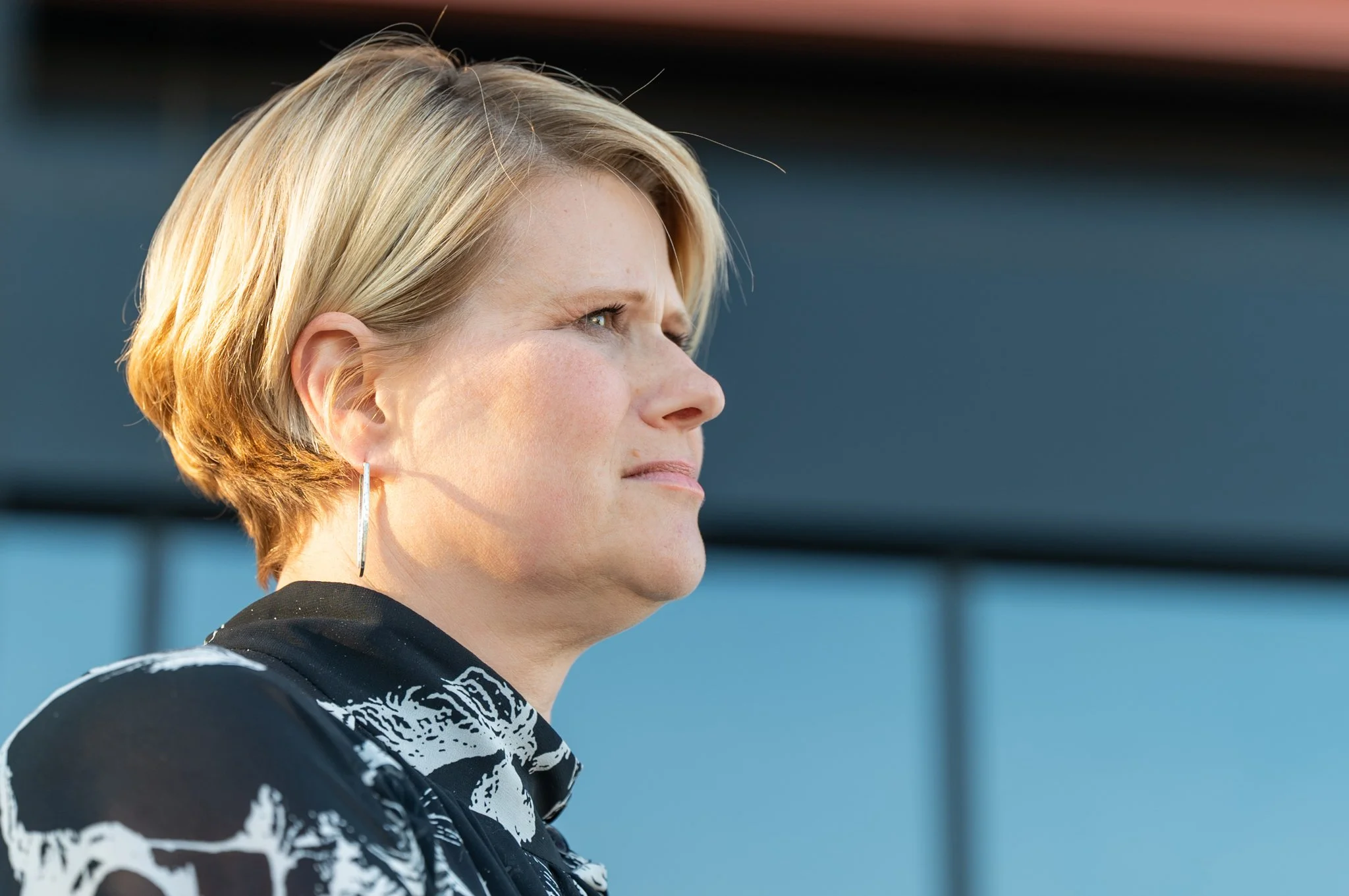Dems says too many private, homeschool parents on Truitt's advisory board
By David Bass, Carolina Journal
Democratic members of the N.C. State Board of Education have their sights set on Republican Superintendent of Public Instruction Catherine Truitt, saying Truitt was putting too many parents from schools of choice on a new advisory committee.
Truitt says she's creating the 48-member parent advisory commission to “elevate the voice of parents in students’ education” and to gather recommendations and feedback.
The commission will include six parents or guardians from each of the state’s eight educational regions, including two traditional public school parents, one homeschool parent, one private-school parent, and one at-large public-school parent from the largest county in each region.
That ratio drew the fire of Democrats during a March 3 board meeting. The critics worry parents sending their children to schools of choice will have a louder voice, effectively drowning out parents affiliated with traditional public schools.
“Two out of the six from every county will not be part of that (public school) population. It will be people who have chosen not to be part of the public schools. It doesn’t feel to me that it represents the population that we serve,” said Jill Camnitz, a registered Democrat and appointee of Gov. Roy Cooper.
James Ford, also a Cooper appointee, raised concerns about “racial equity” in the advisory group. “My concern is about the inclusion of all parents, particularly those who are least likely to have a voice in the system. … I support the notion or the idea of engaged parents and parent voices. My question always remain, ‘Which parents?’”
Truitt countered that 67% of the group will be made up of public school parents. She said many families cycle between private, charter, traditional public, or homeschooling throughout their child’s educational journey.
“I do appreciate your candid feedback, but I feel strongly that we have something to learn from all parents,” Truitt said. “It’s not the system of education that we’re trying to protect. We want for this council to be about students … they’re all our kids. They’re all our future. I look forward to engaging with all students.”
Truitt said she brought the information on the new parent advisory commission to the State Board of Education as a “courtesy” and was in no way required to include the board in the work.
“It’s premature to have concerns about who is on the committee when the application process hasn’t even closed yet,” she said.
Dr. Terry Stoops, director of the Center for Effective Education at the John Locke Foundation, praised Truitt for creating the advisory commission and took her critics to task for “trying to score political points” and “griping” about the board's composition.
“State board critics appear to believe that families enroll their children in one type of school for the duration of their primary and secondary schooling,” Stoops said. “Surely, members of the state’s top education governing board should know that student enrollment is rarely static. Instead, parents select multiple schooling options for their children based on their family’s changing needs and circumstances. I suspect that most members of the Parent Advisory Commission will have experience in two or more educational sectors.”
Truitt is creating the advisory group amid a growing wave of parents choosing alternatives to their locally zoned public school. School systems lost 63,000 students during the 2020-21 school year. That figured rebounded by 12,571 enrollments for the 2021-22 school year, still well short of pre-pandemic levels. Meanwhile, enrollments in public charter, private, and homeschools have blossomed.
Applications for the Parent Advisory Commission launched Feb. 22. Parents from across the state can apply through March 31 on the Department of Public Instruction’s website.



